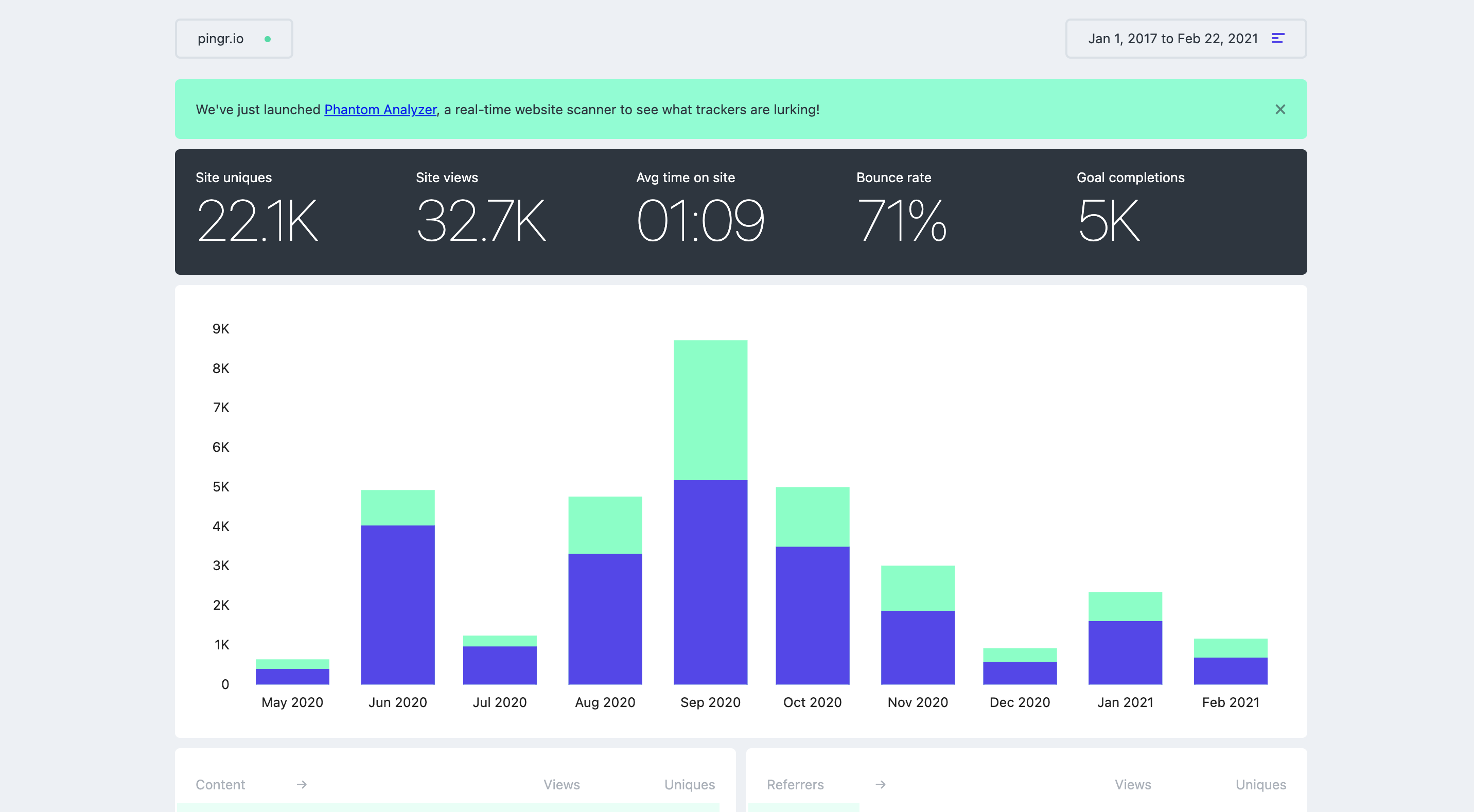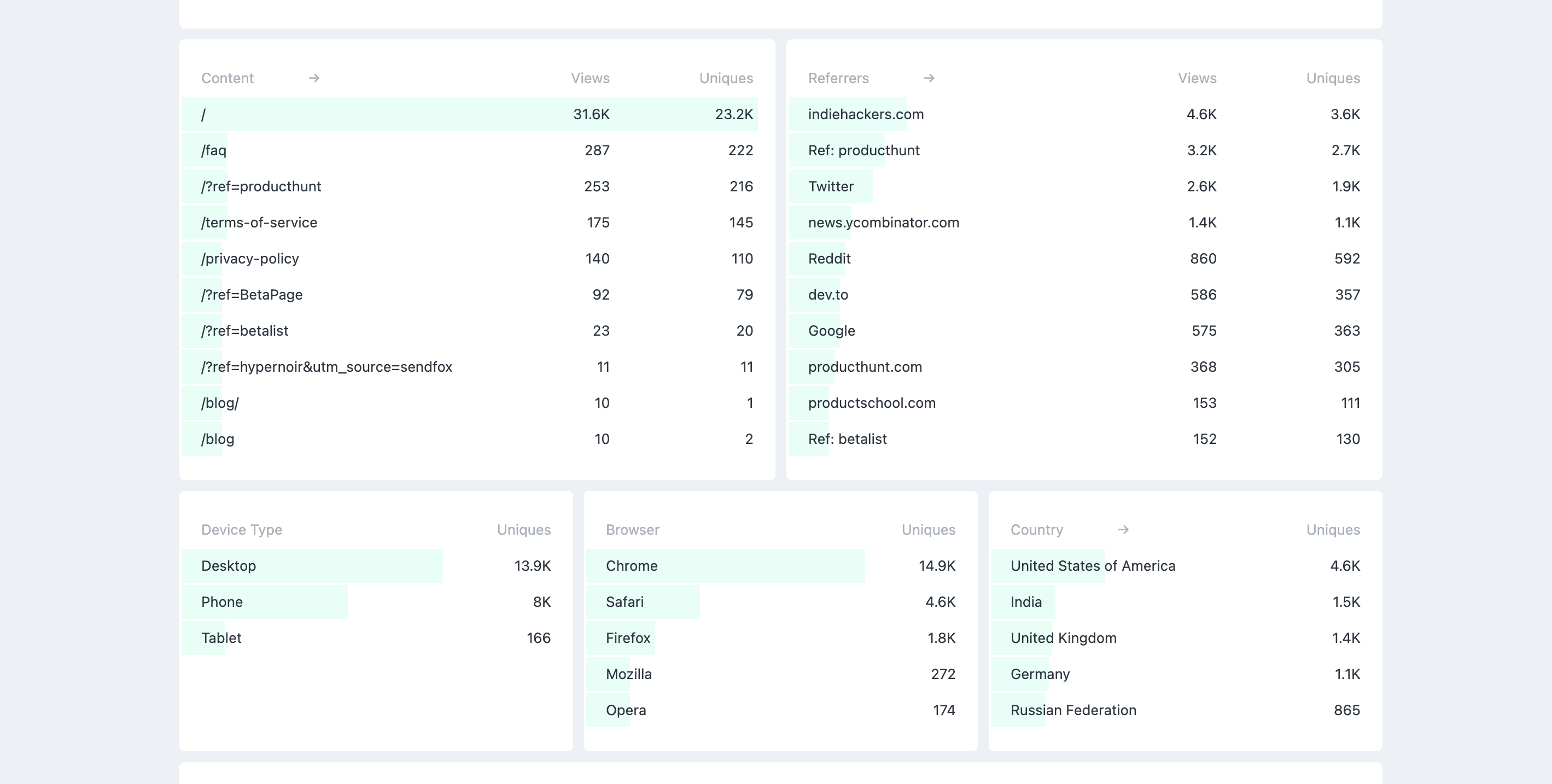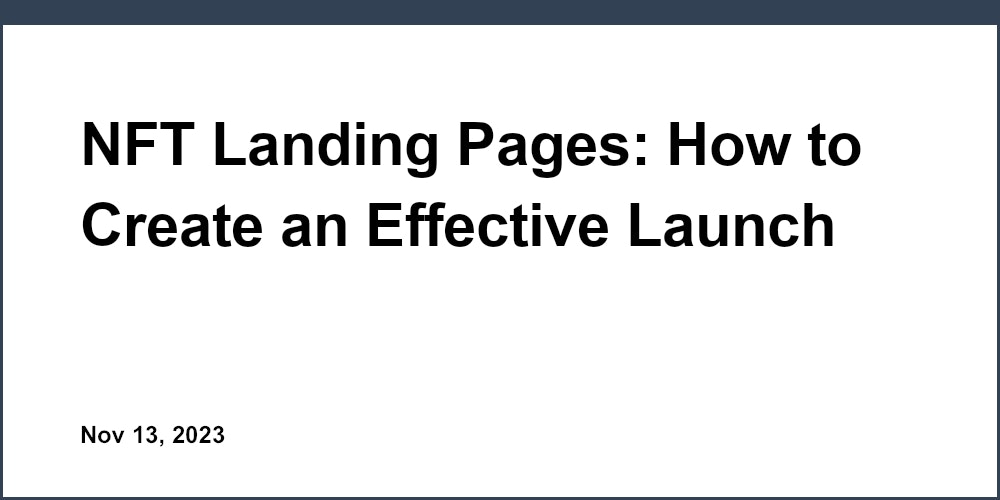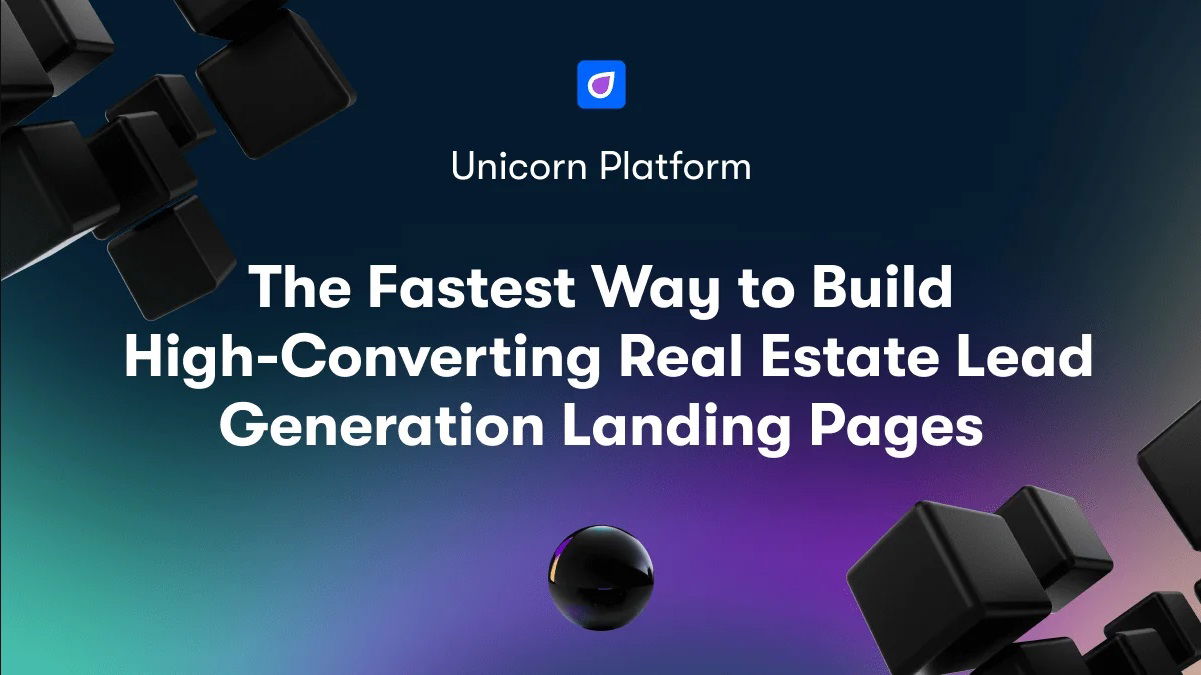Our todays guest is Victor, the creator of Pingr. Pingr is an uptime monitoring SaaS project which Victor has built and sold in 14 months.
Q: Hello Victor! Please introduce yourself.
Hello!
I'm a full-stack developer, who has been working in this area for almost 10 years.
The funny thing about me is that for all these years I worked with the same people, in the same company. They turned out to be my friends from the university where I studied.
This is the case when your boss is your friend from the university where you both studied sitting at the same desk.
Q: What it took to build Pingr?
It took SO much, that I barely can describe it in one post.
In total, I spent more than 1000 hours working on it. You may wonder, how did I know that number. I've tracked more than 600 hours using an app and roughly estimated the rest.
For about half a year my schedule looked like this:
- I went to my full-time job
- After that, I went to different cafes and spent 2-3 hours working on Pingr
I've written a separate post about places I worked at. Check it out.
I experienced quite a few burn-outs and had to cope with them. My work-life balance became work-work balance.
In terms of spending cash, the expenses were mostly buying coffee and paying for servers. It turned out that servers were quite expensive, about $200/mo.
Regarding design, I've built everything myself, except the landing page. For the landing page, I spent maybe up to $400, I haven't calculated expenses here but it wasn't much.
Q: How did you get your first 100 users? What are your traffic channels?
I haven't got much marketing experience, so all of my channels were social ones. Quite typical for indie hackers: Product Hunt, Reddit, Twitter, and others.
My very first users were indie hackers who I communicated with on Twitter.
Let's take a look at traffic screenshots.



Here is a detailed breakdown with links provided.
- Product Hunt: ~3k uniques. This is of course the main channel that brought me the most number of new users and lifetime deals sold. I'm not sure about the exact number, but it was around ~150 signups. I received a lot of feedback, got quite a few social connections, and sold about ~10 lifetime deals for $199.
- Reddit: ~600 uniques. There is a cool subreddit, called r/webdev, which allows self-promotion on Saturdays. So the post got some traction, and I got some traction over there. About ~20-30 signups and a couple of lifetime deals sold.
- Hackernews: ~1.1k uniques. Hackernews is a whole separate universe. I've posted there many times, and it was very hard to get some traction here. Eventually, I got some traffic which resulted in a few signups and one lifetime deal sold.
- Indiehackers: ~3.6k uniques. This is the most friendly and easy to promote community. However, they don't convert to paid customers. They are fellows who are in the same boat as you. They help a lot, give you a lot of feedback and you do the same. So it's kind of a must community for people who starting small SaaS products. However, here I sold 1 lifetime deal too :)
- Dev.to: ~350 uniques. Here I wrote an article about the architecture of Pingr and they loved it. I got a few signups but no that many.
- Twitter: ~2k uniques. I'm quite active on Twitter and communicated there a lot, so I got some traffic here but I cannot estimate how many signups I got from Twitter.
So basically Product Hunt worked the best of course.
Q: Why did you sell it?
I've never thought that I'd build a product for selling. But after it took ~14 months and I still didn't get revenue, it was hard to keep motivation.
However, I wasn't looking for a buyer. I thought that nobody would buy it for the price that will satisfy me.
Unfortunately, I cannot disclose the price. But the thing is that it covered my development costs, so I was able to break even, eventually. Which is a good exit I think, because there are quite a lot of indie hackers who leave their products without getting anything.
Apart from it, I wanted to write a book related to UI/UX area, since I love it very much and wanted to learn more. But it's almost impossible, it's not even work-work balance.
What I eventually got:
- I don't pay for servers anymore.
- I don't need to bother with bugs
- I got some big bonus in terms of money. Not that big for big guys, whose SaaS brings them thousands of dollars per month, but still I consider that all that time I just "worked as a freelancer" who got his payment after 14 months of work :)
- I finally can switch to something new. Fresh air. Relief.
Q: You sold a business that was generating minus. What was the point of buying it?
This question still interests me. I was really surprised that somebody wanted to buy it. I haven't asked much the new owner why he did it.
However, he told me that he had a few ideas of how to improve it, plus he had "plan B" in case everything goes wrong. I don't know what is the plan.
I assume that the new owner is experienced enough in marketing. Plus he has a team and he has a few products which are profitable.
And after all, I tried to make the product with high quality, so the landing looks good, the UI looks decent.
The buyer's UI designer told me that there is no reason for rebuilding the UI since it looks really nice :)
Q: How did you find the buyer?
He contacted me via the chat widget on the landing page! That's it, I haven't been looking for a buyer on purpose.
Q: You promised your LTD subscribers to continue working on the product. Do not you feel owing?
The first thing after I got the offer was: what to do with LTD users.
But the thing is that I haven't closed the product. Instead, I gave it to a whole team who will get it to the next level. So now they continued working on the product, instead of me. They can dedicate more time and effort.
Plus, After all, LTD is a risk, it's an investment in early staged products.
Q: What were your biggest takeaways from founding Pingr?
- Once I tweeted a joke which was sad but true: https://twitter.com/vponamariov/status/1293717405500235776. Before you start, make a landing page and start collecting emails via any channel that you can.
- Listen to others, but make your own decisions. I changed my pricing model because a few guys complained on Reddit, but it looks like it was a bad decision. Plus, as soon as someone asked me for a feature, I started working on it immediately. Don't do it.
- Remember: there will always be happy and angry users. It's okay. Don't give up on your current task and start new only because of angry users.
- Focus on something small. MVP should be indeed MVP. I focused on too many things at once.
- Use tech stack you know. Don't try to be trendy, SaaS is a business, not a fashion exhibition.
- Don't be afraid of competitors. Be afraid if there are no competitors
Q: What do you plan to do next? You have solid experience now.
No. For now, I'm going to learn UI/UX area and work on my book where I'm going to describe in detail how to build proper user interfaces.
User interfaces are my passion, and I think I'll be able to convey some good ideas there.
Also, this is a kind of diversification, if I didn't do well in SaaS, let's see how it goes with a book :)
Q: Where can we follow your progress?
You can follow me on Twitter. I post quite a lot of tips for UI/UX & even do reviews of your apps for free!
If someone prefers Medium, you can find me there too, soon I'll be posting stuff there too.
Thank you,
Victor.



